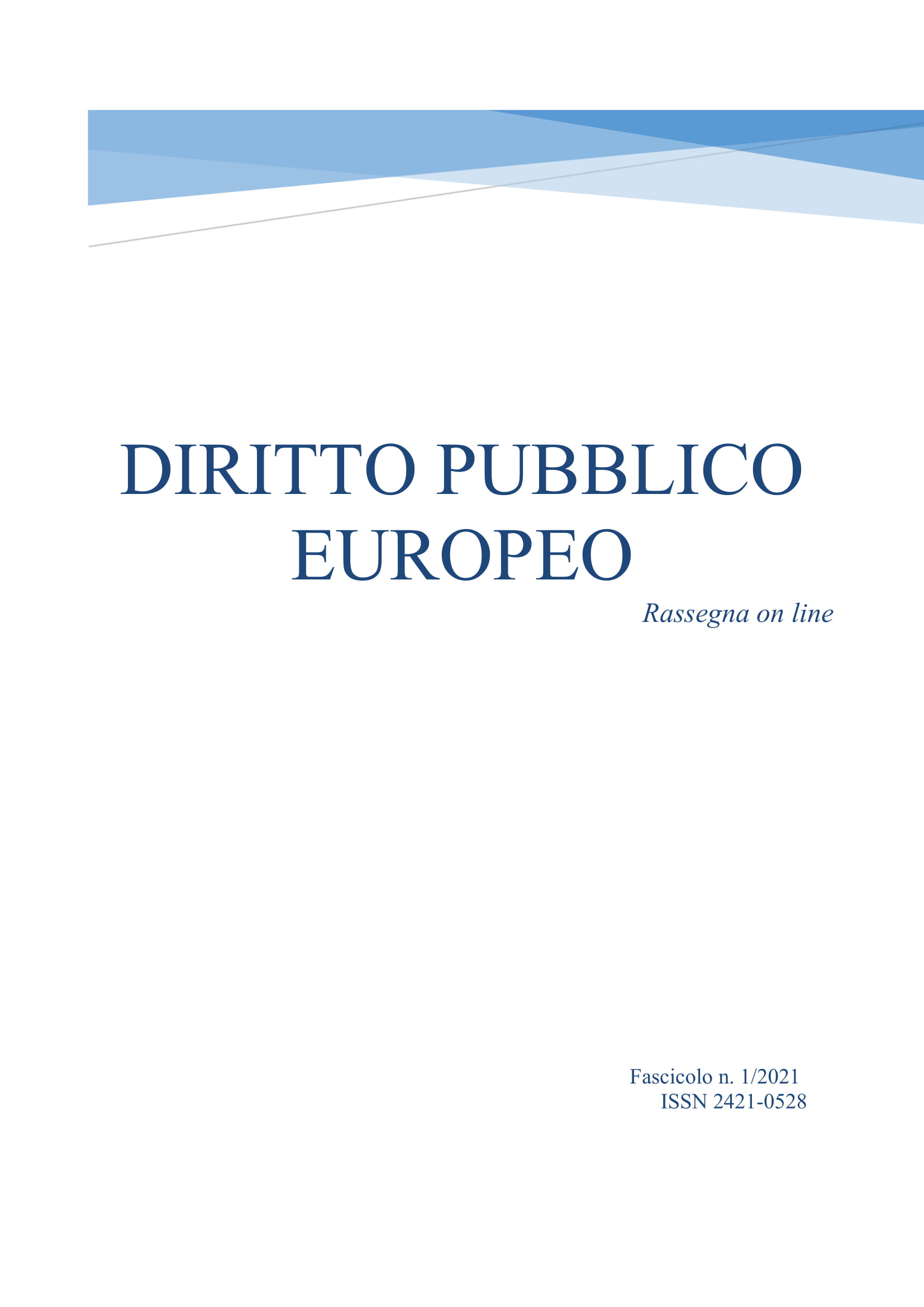Liability for the use of intelligence systems in the European Parliament Resolution 20 October 2020: 'Recommendations to the Commission on the liability regime and artificial intelligence'.
DOI:
https://doi.org/10.6092/2421-0528/8004Keywords:
artificial intelligence, European Union, softwareAbstract
The European Parliament has recently adopted several resolutions on the subject of artificial intelligence, including those on autonomous lethal weapons systems, on intellectual property rights and on the Civil liability regime and artificial intelligence (20 October 2020).
The latter also contains a proposal for a regulation which, having duly ruled out the option of recognising the legal personality of AI systems and clarified that the protection provided for by the regulation is additional to that deriving from contractual conditions or other rules (including the unitary euro directive on product liability), identifies the liable parties, distinguishes between the various types of AI systems and differentiates their liability regime; it also regulates insurance obligations, the right to evidence and the limitation regime for actions for damages by victims.
The resolution, which focuses on the concept of AI as software or hardware that simulates human intelligence and acts with a certain degree of autonomy in order to achieve specific objectives, distinguishes between “high-risk” AI systems, for which strict liability is provided for, and other AI systems, for which liability is culpable.
The Resolution also deals with the problem of evidence and access by the judicial authorities to the “black box”, in particular for AI systems based on neural and deep learning.


